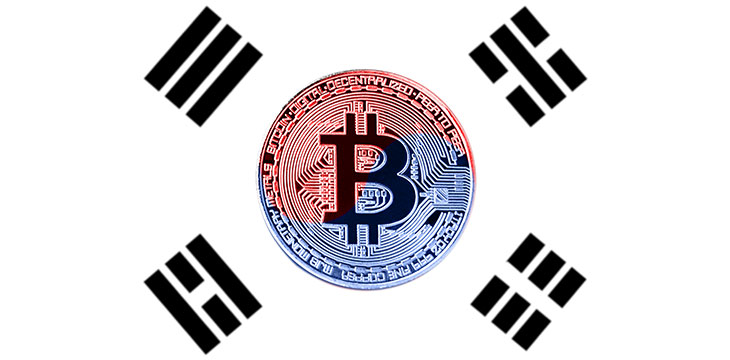|
Getting your Trinity Audio player ready...
|
Two of the biggest cryptocurrency exchanges in South Korea are requiring accounts to provide real names before allowing withdrawals in Korean won, news.bitcoin.com reported.
Starting October 1 for corporate members and October 15 for individuals, the restriction to fiat withdrawals for Bithumb users comes months after the South Korean government required users to provide real names as a means of curbing money laundering through exchanges. This apparently was not complied with very well, with only about half of users in four exchanges—Bithumb, Coinone, Upbit and Korbit—providing real names to accounts, which are then linked to banks for deposits and debits.
Bithumb noted that the new restrictions did not apply to the transferring of cryptocurrencies. “Cryptocurrency transactions and withdrawals can be used normally,” the exchange said in its announcement.
Coinone announced a similar change in policy. Regarding unverified accounts, the exchange said that “Nonghyup Bank requested Coinone to limit the withdrawal of Korean currency.” By October 15, “we will limit the withdrawal of persons who have not completed the real name verification.”
Like Bithumb, Coinone emphasized that the new rule does not cover cryptocurrency transfers. It added that withdrawals should be done prior to October 15 for those who do not plan to convert their accounts.
Last week, banks, through industry representatives, said they would be limiting their services to cryptocurrency users without verified identities. The increased demands for transparency of user accounts comes with moves to further regulate the industry similar to how traditional financial institutions are regulated. At the same time, insurance of cryptocurrency exchange accounts has come to South Korea, signaling increased legitimacy of the industry.
Bithumb had been victim to a hack last June, leading to about $30 million worth of users’ cryptocurrencies stolen, more than half of which has been recovered. The theft has been cited as a reason for adding regulations to protect consumers.
Coinone, on the other hand, has been targeted by South Korea’s Cybercrime Investigation Police, who have suggested that margin trading services of the exchange were considered gambling, wherein users would trade beyond their deposited amounts.

 02-14-2026
02-14-2026 




